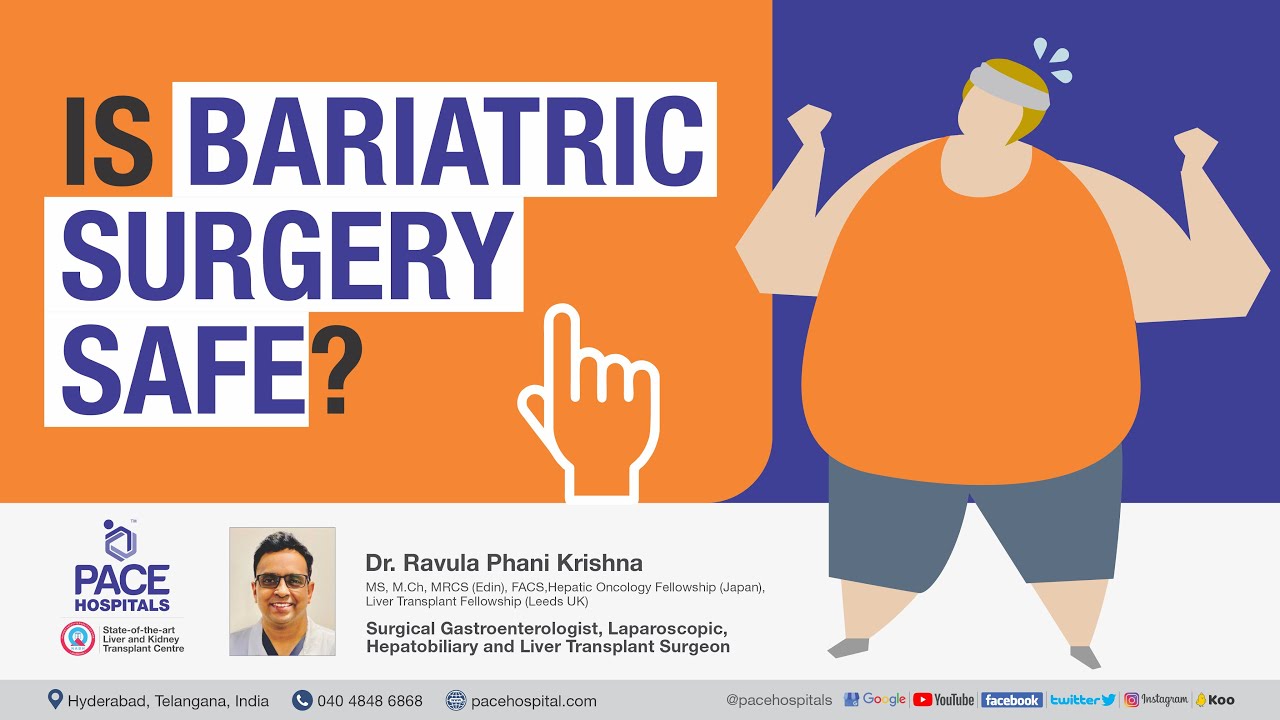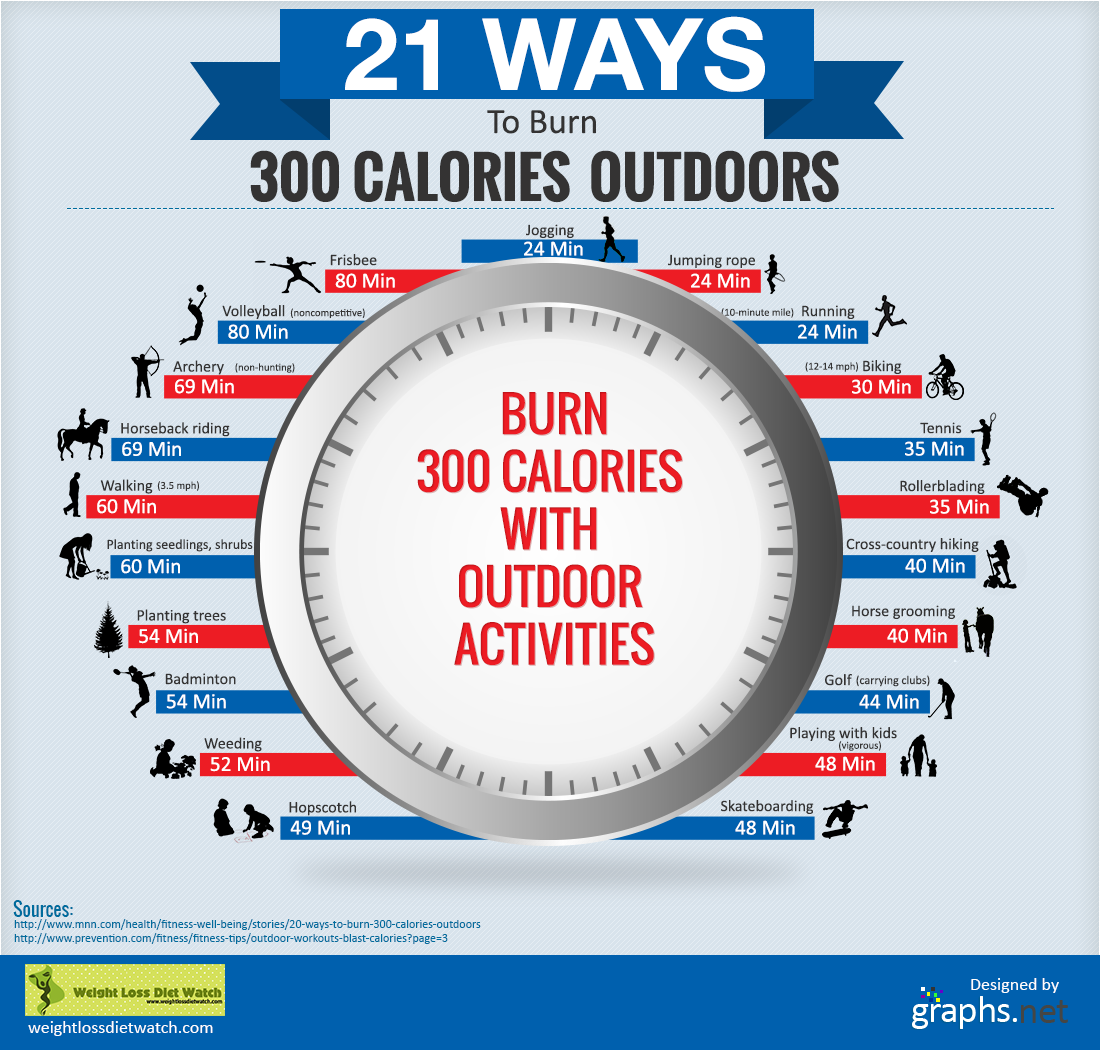
There are many sources that claim to offer weight loss tips. It can be hard to tell the truth from fiction. You should seek medical advice before starting any weight loss plan. For example, you should avoid sugary drinks and Bananas because they are calorie-dense. Whole grains are healthier than white flour, but they have more calories. Healthy choices are the best way lose weight.
Dietary fat ultimately becomes
Weight loss has always been associated with dietary fat. New research shows that this is not the case. Two top researchers at UNSW have concluded that it is important to lose dietary calories in order to consume less calories. According to research, a diet high on fat actually causes weight gain. This is no surprise considering the evidence that low calorie diets can cause people to gain weight.

Sugary drinks are high-calorie.
Even though many beverages are not calorie-dense they contain high levels added sugar. A 12-ounce orange juice glass contains 10 teaspoons of sugar. As much as sodas and energy drinks, they contain the same amount of sugar as water. Some also have unknown health effects. Caffeine can increase blood pressure and they are often high in caffeine.
Bananas make you fat
Bananas can be fattening, you may ask. Bananas are not fattening. A regular banana contains only 150 calories. Bananas are often mistakenly believed to cause weight gain. Many people mistakenly believe bananas contain fat. Bananas' carbohydrates are what provide energy for the body to move. To function properly you need glucose. Without it, it is impossible to do anything.
Whole grains are better than refined carbohydrates for weight loss
The benefits of whole grains are numerous. Whole grains contain nutrients and fiber which can help lower your risk of certain diseases like heart disease, cancer, and diabetes. They are also low in calories, which makes them an easier choice for weight loss. There are two types, whole grains or refined grains. Whole grains are made up of the entire kernel, bran (or germ), and endosperm. These include carbohydrates, protein, and small quantities of vitamins.
Artificial sweeteners have been linked to heart disease
Researchers found that sugary and artificially sweetened drinks are associated with increased risks of cardiovascular disease. Do not choose sugary drinks. Instead, opt for low-calorie beverages without artificial sweeteners. These drinks aren't healthy, but they're marketed as diet drinks. The beverage industry disagrees with these findings. So which one is better? Which sugar-free drink should you choose? Let's look at both.

Exercise alone won't result in weight loss
Although increasing your physical activity can lead to weight loss, exercise alone will not cause significant weight loss. A systematic review of weightloss studies has found that exercise alone cannot result in significant weight losses. It is not necessary to increase physical activity in order to lose weight. However, the body's natural drive for homeostasis means that more exercise and less thermogenesis are required. Research suggests that both diets and exercises should be optimized in order to optimize weight loss and overall well-being.
FAQ
Is it possible to eat fruits while intermittent fasting?
Fruits are great for your health. They are full of vitamins, minerals as well as fiber, antioxidants and other nutrients. However, they contain sugar, which can cause blood glucose to rise. This can lead both to insulin resistance and weight loss. If you want to lose weight while following an IF diet, then make sure you choose low glycemic index fruits such as apples, pears, berries, melons, oranges, peaches, nectarines, plums, apricots, cherries, and kiwi.
How long do I need to fast for weight loss?
The answer is not as simple as you might think. For optimal fat loss, you need to take into account many factors. These are:
-
Your age. Intermittent fasting can be difficult for young people (under 40). This is because they have less time to recover after each fast. However, intermittent fasting may be too difficult for older people (over 60) who might not have the energy to continue a long period of daily fasting.
-
Your current body composition. A longer period of fasting is more beneficial for those with a lot of muscle mass. Shorter fasting might be more appropriate for you if you have less muscle mass.
-
How physically active. To ensure adequate rest between workouts, you might need to extend your fasting period if you exercise frequently.
-
Your past health history. Extra fasting may be necessary for people who have heart disease, diabetes, cancer, or other medical conditions.
-
How do you handle stress? Stressful situations often cause us to eat more. This problem can be avoided by increasing the length of your fasting periods.
-
Which type of diet you choose. Certain diets, like ketogenic diets, may require even longer fasting periods.
-
The quality of sleep you receive. Lack of sleep has also been linked to increased appetite and decreased metabolism. It could take some experimentation to discover the best method for you.
-
The amount of protein you consume. The ability to stabilize blood sugar levels. Eating more protein can lead to lower insulin levels. This would allow for you to fast more often.
-
It doesn't matter if you want to gain or lose fat, those who are trying for weight gain will often require longer fasting periods.
-
What percentage of calories do you consume during your fasting window? You may lose more weight if you eat fewer calories each day than if you eat more.
-
Your overall fitness level. Faster people are more likely to be fit, and burn more calories during the day.
-
Your gender. Men have greater appetites than women and may need to fast longer. Women generally have smaller appetites, so they may only need to fast for about 20-30 minutes every morning.
-
Your lifestyle. Are you someone who does a lot of exercise? Do you work out several times a week? Does your job involve sitting at a desk all day long? All these factors can have an impact on how much time you should speed.
-
How much money are you willing to spend on food? It doesn't always mean that you should spend a lot of money on groceries if you eat healthy foods. Whole grains can be replaced by white bread, fruits can replace candy bars, and lean cuts of meat can be used to save money.
-
You need to be able to control your hunger. Fasting may not be necessary if you don't want skip meals.
What Weight Loss Can You Expect In One Week?
The amount of weight you can lose depends on your current body fat percentage. First, calculate how much weight your goal weight is and then determine what your BMI (Body Mass Index). Your BMI is a measure of how much weight you need to lose. If your BMI is 25 or greater, you're overweight. If your BMI falls below 30 you are considered obese.
For example, if you weigh 200 pounds, your BMI would be calculated at 28.7. To get to a healthy weight range, you'd need 70 pounds of weight loss. To see if you're overweight, visit www.healthyminds.com/bmi/.
You can calculate the number of pounds you'll lose each week by knowing your BMI.
(Your Goal Weight - Current Weight)/BMI * 7 Number Of Pounds Lost Per Week
To lose 50lbs in a month you will need 2 weeks worth of exercise. This equals 56 days. Then, divide that by 7 pound per day. This works out to 8.3 lbs per week.
You could also try this calculator from www.weightlosscalculator.net. It provides an estimate of the number of calories you should consume each day to lose 12 pound per week.
What is the best type of exercise for busy people to do?
Exercise at home is the best method to stay fit. You do not need to join a gym. You can do simple exercises at home without spending much money on equipment.
It is all that you need: a pair or dumbbells, a pad, a chair and a timer.
You must be consistent with your training. You may lose motivation if you skip a few days.
It is a great way to get started would be to lift weights three times per semaine. This could include push-ups/pullups/squats/lunges, pushups/pullups, dips/curls, and so on.
Once you are proficient in these movements, you will be able to do other types of exercise, such as running, jumping, skipping and yoga, pilates, dancing, swimming, weight training and tennis.
When choosing an exercise program, remember to choose the ones that suit your lifestyle. Exercises that take too much energy, for example, might not be a good fit for someone who works long hours.
If you are a night owl, then you should consider exercising during the evening rather than early morning.
Pay attention to your body. Don't be afraid to stop when you get tired.
Statistics
- According to a study sponsored by the American Council on Exercise, a person weighing around 140 pounds (64 kg) would burn 108 calories at a 30-minute beginner's Pilates class or 168 calories at an advanced class of the same duration (26). (healthline.com)
- A 12-week study in 20 women with obesity found that walking for 50–70 minutes 3 times per week reduced body fat and waist circumference by an average of 1.5% and 1.1 inches (2.8 cm), respectively (healthline.com)
- According to Harvard Health, it's estimated that a 155-pound (70-kg) person burns around 167 calories per 30 minutes of walking at a moderate pace of 4 mph (6.4 km/h) (5). (healthline.com)
- According to Harvard Health, it's estimated that a 155-pound (70-kg) person burns roughly 112 calories per 30 minutes of weight training (5). (healthline.com)
External Links
How To
How to lose weight quickly without exercising
It is best to eat less calories than you burn to lose weight quickly. This will make your body burn more fat to generate energy. Your body will reduce the amount of calories you eat and begin to use that energy to make muscle tissue, leading to some muscle reduction. You can still lose weight if you don't work out while dieting, but you'll probably lose even more muscle mass.
To lose weight quickly and without exercising, you need to cut down on your calorie intake. People believe they must reduce their food intake to lose fat. This is false. In order to lose weight you should eat less calories than you burn. What should you eat daily? It all depends upon what type of activity you engage daily. For example, someone who walks 3 miles daily would only need around 2,500 calories daily. A person who sits at a computer all day would need around 1,600 calories per day. Someone who exercises (e.g., lifting weights) daily would need around 1,600 calories.
You should reduce your caloric intake if you want to lose excess weight. Many people believe they should consume less food, as they feel they are starving. This is not true. Your body doesn’t care about whether you’re hungry. It simply wants to function correctly. You need to track your calories intake to lose weight. Many online apps allow you to track your calorie intake. MyFitnessPal is one of the most popular apps.